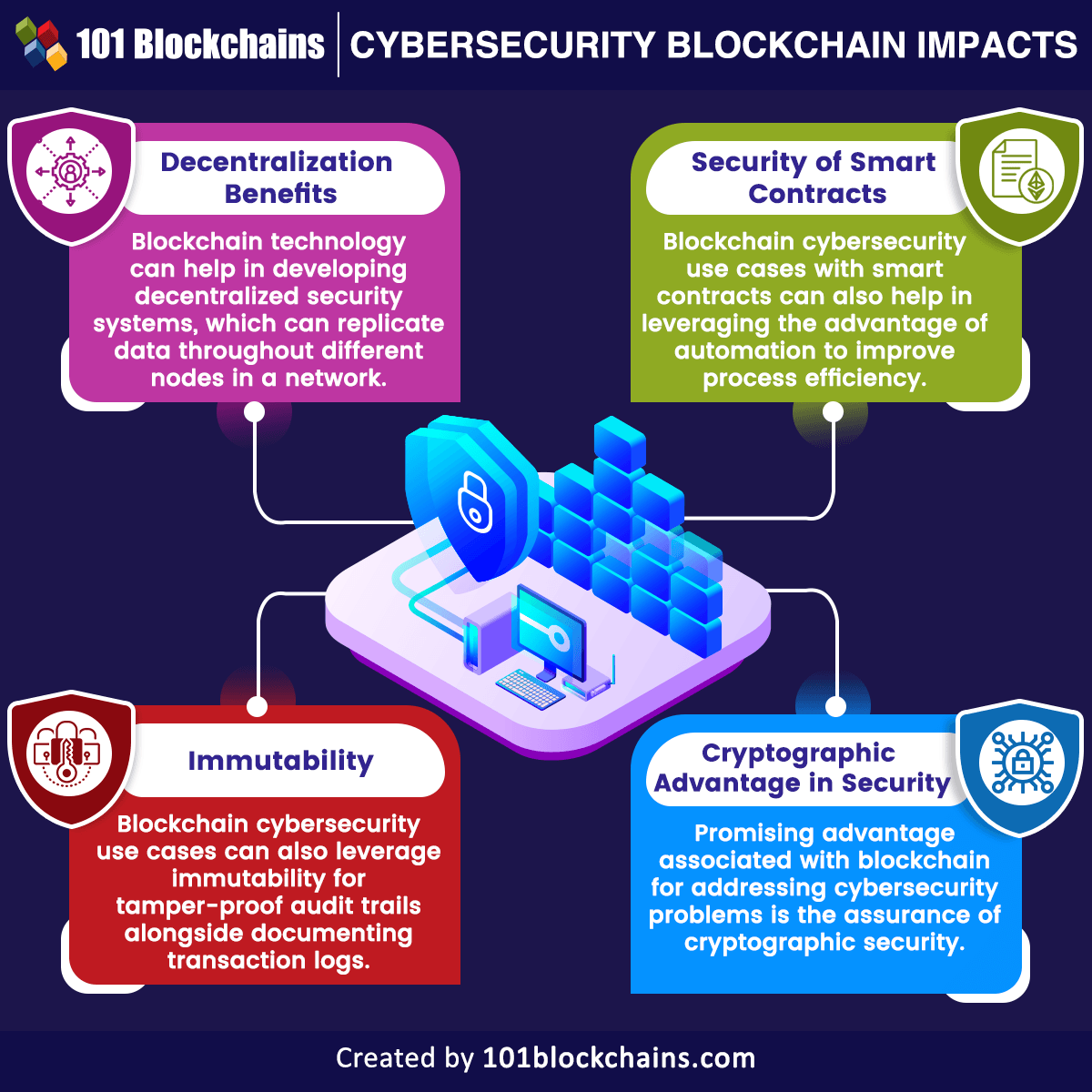Blockchain: The Unsung Hero Of Cybersecurity
Blockchain: The Unsung Hero of Cybersecurity

- Revolutionizing The Flow Of Goods: How Blockchain Is Transforming Supply Chain Digitization
- The Rise Of Quantum Computing: A Double-Edged Sword For Cryptocurrency Security
- Diversifying Your Portfolio: How To Invest In Cryptocurrency Without Buying Coins
- Maximizing Your Crypto Earnings: Top Lending Platforms For Passive Income
- Stablecoins: A Shield Against Crypto Market Turbulence
As the world becomes increasingly digital, cybersecurity threats are becoming more sophisticated and frequent. From phishing scams to ransomware attacks, it’s no secret that hackers are getting more creative in their quest to steal sensitive information and disrupt business operations. But what if there was a technology that could provide an additional layer of protection against these threats? Enter blockchain, the decentralized and immutable ledger system that’s been gaining traction in recent years.
At its core, blockchain is a decentralized network of computers that work together to validate and record transactions. But what makes blockchain so unique is its ability to create an unalterable record of events. Once a transaction is recorded on the blockchain, it can’t be changed or deleted. This makes it a highly secure way to store and transmit sensitive information.
So, how can blockchain enhance cybersecurity? For starters, blockchain-based systems can provide an additional layer of authentication and verification. Imagine being able to prove the authenticity of a piece of data or software without having to rely on a centralized authority. With blockchain, you can create a digital fingerprint of a piece of data or software, making it virtually impossible to alter or manipulate.
Another way blockchain is enhancing cybersecurity is through its use in secure data storage. With traditional storage systems, data is often stored in centralized locations, making it vulnerable to cyber attacks. But with blockchain, data can be stored in a decentralized manner, making it much more difficult for hackers to access and manipulate.
Blockchain is also being used to create more secure communication networks. Imagine being able to send encrypted messages that are virtually un-hackable. With blockchain-based messaging systems, you can create end-to-end encryption that makes it virtually impossible for hackers to intercept and read your messages.
But blockchain’s impact on cybersecurity goes beyond just data storage and communication. It’s also being used to create more secure smart contracts. Smart contracts are self-executing contracts with the terms of the agreement written directly into lines of code. With blockchain-based smart contracts, you can create contracts that are tamper-proof and transparent, making it much more difficult for hackers to manipulate the terms of the contract.
Another area where blockchain is making a significant impact is in the fight against ransomware attacks. With traditional systems, hackers can easily compromise and encrypt sensitive data, making it difficult for organizations to recover. But with blockchain-based systems, organizations can create a permanent record of their data, making it much easier to recover in the event of a ransomware attack.
Finally, blockchain is also being used to create more secure identity verification systems. With traditional systems, identity verification is often based on centralized databases that are vulnerable to cyber attacks. But with blockchain-based systems, you can create decentralized identity verification systems that are much more secure and resistant to cyber threats.
In conclusion, blockchain is playing a significant role in enhancing cybersecurity. Its ability to create unalterable records, provide secure data storage, and create more secure communication networks make it an attractive solution for organizations looking to bolster their cybersecurity defenses. As the technology continues to evolve, we can expect to see more innovative uses of blockchain in the field of cybersecurity. Whether it’s secure data storage, communication networks, or identity verification systems, blockchain is an unsung hero of cybersecurity that’s here to stay.
What’s Next?
As blockchain technology continues to evolve, we can expect to see more innovative uses of blockchain in the field of cybersecurity. Some of the most promising areas of research include:
- Quantum-resistant blockchain: This type of blockchain uses quantum-resistant algorithms to prevent attacks from quantum computers.
- Homomorphic encryption: This type of encryption allows for computations to be performed on encrypted data without decrypting it first.
- Zero-knowledge proofs: This type of proof allows for one party to prove that a statement is true without revealing any underlying information.
These are just a few examples of the many exciting developments in the field of blockchain and cybersecurity. As the technology continues to evolve, we can expect to see more innovative uses of blockchain in the years to come.
